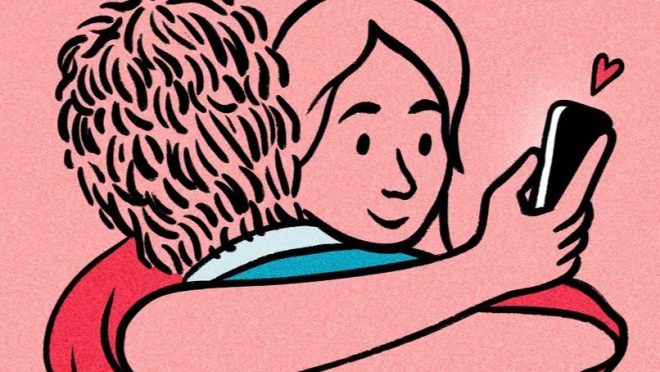Microcheating: Subtle online actions that challenge relationship boundaries
Microcheating: Subtle online actions that challenge relationship boundaries

In today’s digital world, staying connected with friends and colleagues online has become more common than ever. Whether it’s liking a colleague’s photo, sending them a message, or engaging in a chat on Slack, these actions are generally seen as harmless. However, navigating boundaries in relationships can sometimes feel a bit trickier, especially when it comes to digital interactions.
William Schroeder, a therapist based in Austin, Texas, explains in an article published in UNB that with more people working remotely, digital connections have increased. “It’s easier to form these connections now because the risk doesn’t feel as immediate,” he says. This makes it essential for couples to have open conversations about their boundaries and comfort levels, particularly around digital interactions.
Defining digital boundaries
Psychologist Melanie Schilling coined the term “microcheating,” which refers to small actions that might seem innocent but could raise questions about where the line is drawn in a relationship. These could be things like having secret chats or sharing too many personal details with someone outside of the relationship.
“It’s really just putting a modern name on something that’s always been there,” says Abby Medcalf, a psychologist in Berkeley, California. For her, it’s about understanding what feels right for each couple. “Every relationship is different, and it’s all about communication and mutual understanding.”
What really matters
In a world where relationship norms are evolving, what matters most is knowing what feels comfortable for both partners. Medcalf encourages couples to talk openly about what makes them feel valued and respected. “It’s not about rules—it’s about how each partner feels,” she says.
If something feels off, it’s important to approach the conversation with care and curiosity. Instead of accusing or blaming, try expressing your feelings honestly: “I’ve noticed you’ve been on your phone a lot lately, and I’m feeling a bit left out,” suggests Schroeder.
A path to clearer communication
Schroeder also points out that digital habits, like spending a lot of time on social media or being overly protective of your phone, may signal that something has changed. He encourages couples to have honest, non-judgemental discussions before any confusion or discomfort arises.
Having these talks early on can help prevent misunderstandings and promote a healthier relationship. Remember, it’s all about prioritising each other and ensuring that both partners feel respected and valued.
Ultimately, these small digital interactions can be an opportunity for couples to connect, understand each other better, and strengthen their bond. It’s all about keeping communication open and growing together—no need for drama or stress.


